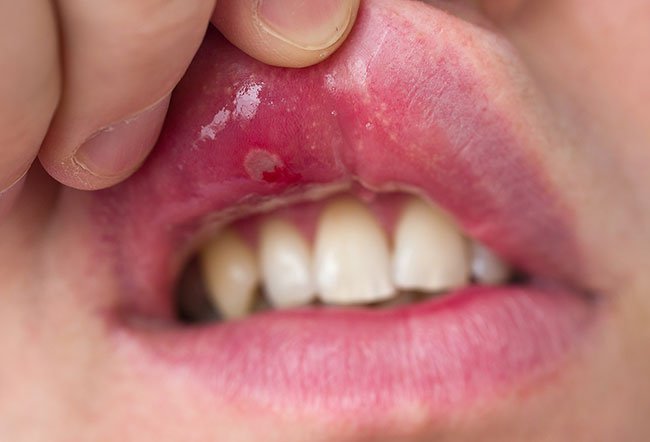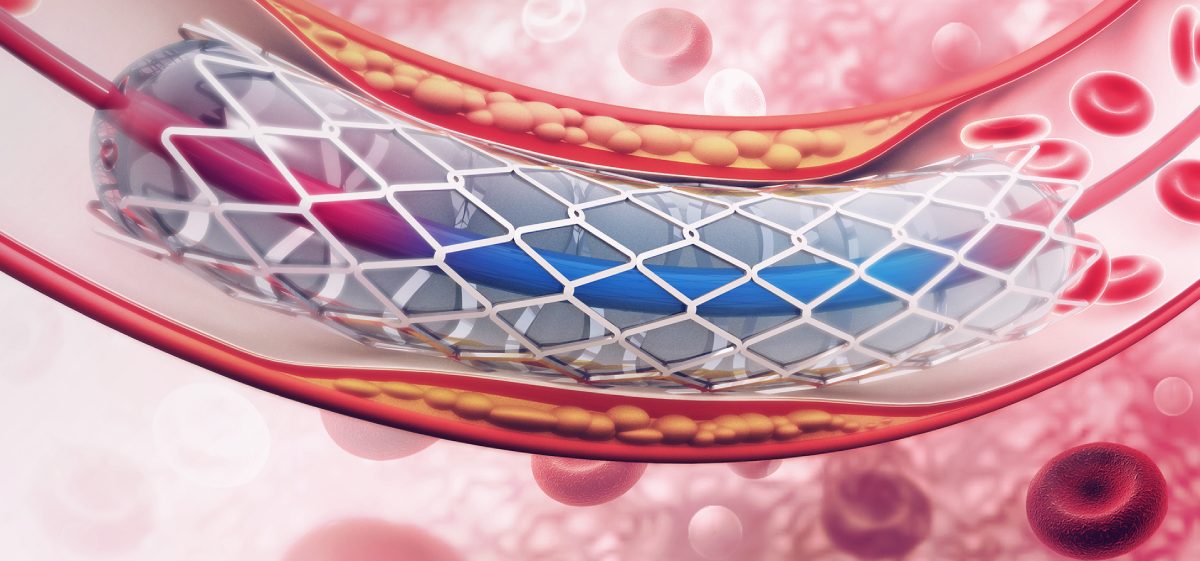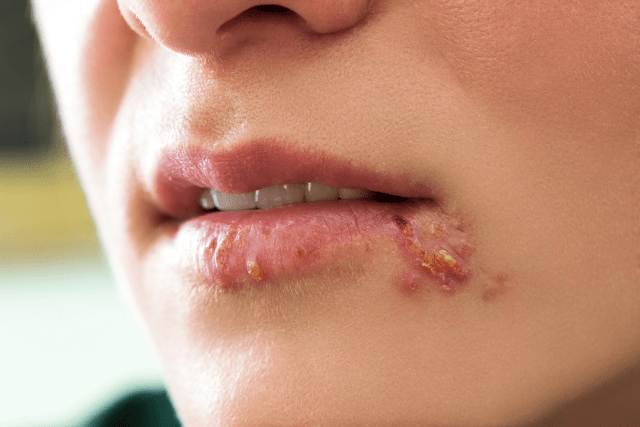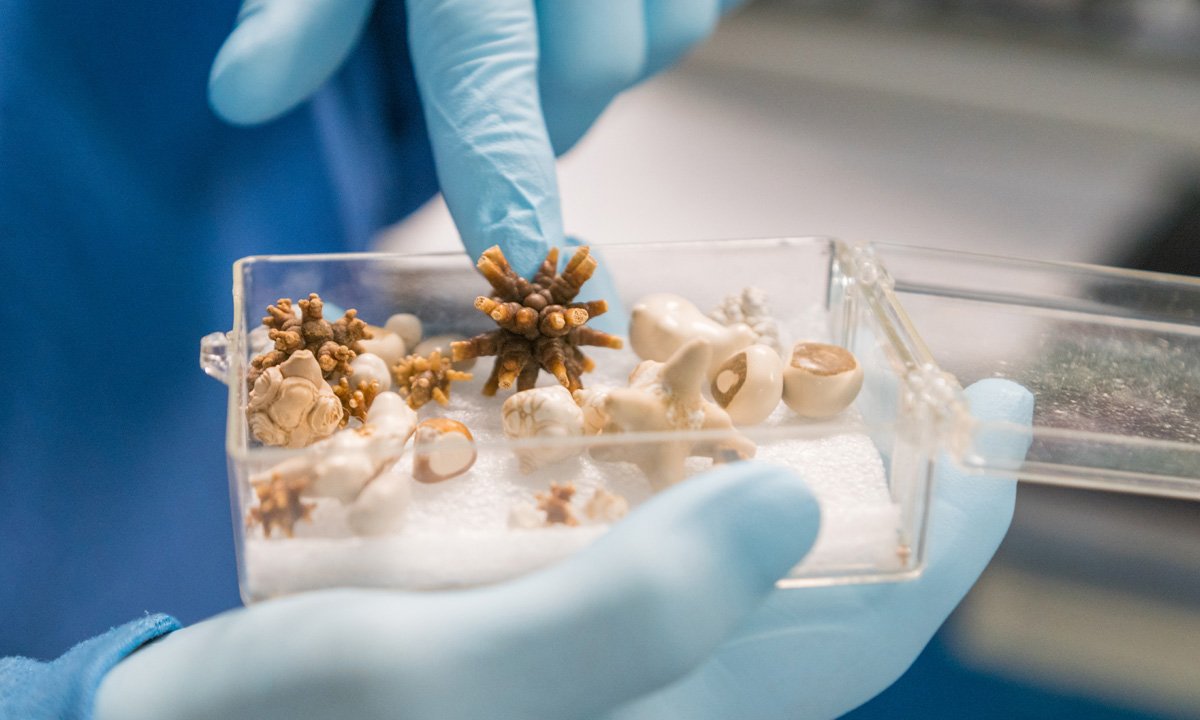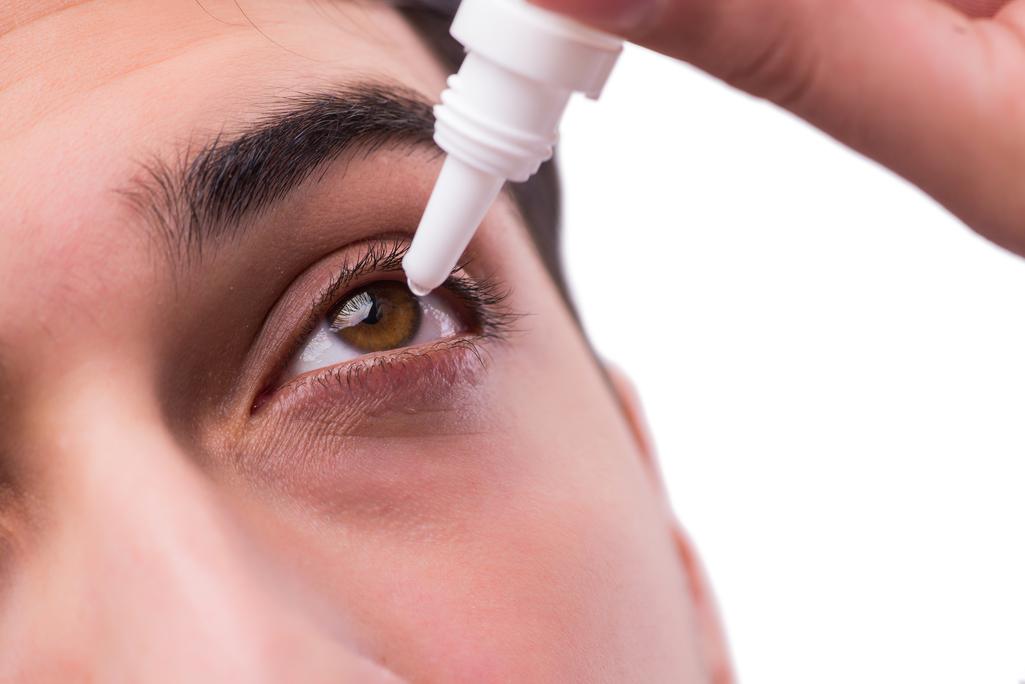Principles of denture brushing and important points of its care
Granular dentures need proper care to preserve, remove stains and beauty, so if you use these teeth, you need to know how to clean them properly.
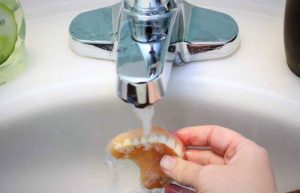
Brush your teeth after eating
Pour water on the dentures to remove food debris and other particles, and you can place a towel on the counter or dishwasher to prevent it from breaking.
Clean your mouth after removing your teeth
Use a soft toothbrush to clean the tongue and roof of the mouth.
Brush at least once a day
Brush your teeth every day and do it gently. Moisten them and clean them with a rough, abrasive plastic brush to remove food, plaque, and other debris.
If you use dentures, clean the gum grooves to remove any remaining food.
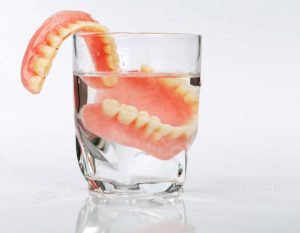
Use a suitable toothbrush.
To brush, choose a toothbrush that washes thoroughly between your teeth and the curved and angled parts of the denture so that no food particles remain between the teeth.
At night, put your dentures in water.
Most dentures need to stay moist to stay in shape. Please soak them overnight in mild water or toothpaste and talk to your dentist about proper dental care.
Follow the detergent manufacturer’s instructions for cleaning and soaking. The container you choose for this is significant because it must be such that the teeth are completely immersed in water.
Use the right detergent for your dentures.
Gels and toothpaste for cleaning dentures are available in pharmacies, with the help of which you can clean your teeth well and prevent unpleasant odors.
Brush while brushing dentures
After using toothpaste and detergent, it is better to use a toothbrush when rinsing the teeth so that no detergent particles remain between the teeth.
Do not forget to check your teeth.
Dentists recommend that you see your doctor several times to examine and clean your teeth. If your denture is loose, replace it immediately because loosening can cause irritation, sores, and infection.
Abrasive cleaners
Avoid hard toothbrushes, strong cleaners, and hard toothpaste, as these materials are very abrasive and may damage your teeth.
Whitening toothpaste
Toothpaste that is advertised as whitening contains oxygenated water, which reduces the color of dentures.
Products containing bleach
Please do not use any bleach, as it weakens the prosthesis and changes its color. Do not place prostheses in chlorine solutions, as this will corrode the metal.
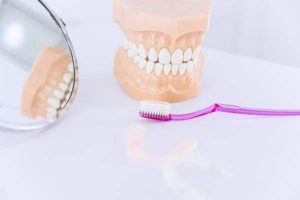
Natural and home cleaners for dentures:
If you do not want to use chemical products and use natural methods, you can use the suggested items in this section.
Instructions for making dentures:
The first method:
Brush your teeth with a mixture of water and vinegar because homemade vinegar can be used to clean dentures, which is helpful for disinfection, especially for removing the tartar.
Just pour an equal amount of water and vinegar into a glass and then put your dentures in it for 20 to 30 minutes and then brush your teeth thoroughly.
Clean dentures with vinegar:
The acidic properties of vinegar make it particularly effective in removing mineral deposits. We have already said that these deposits are browner in color, which often occurs indentures.
The second method:
The next method is to use baking soda, pour a spoonful of it in 8 cups of water, and after mixing with it, brush your teeth well.
An important note:
It is important to brush your dentures before putting them in your mouth, and for this, you can use cold water or solutions based on whitening to irritate the tissues of the mouth.
If you use a whitening solution, be careful not to use it on dentures that contain metal components and certain types of materials.


